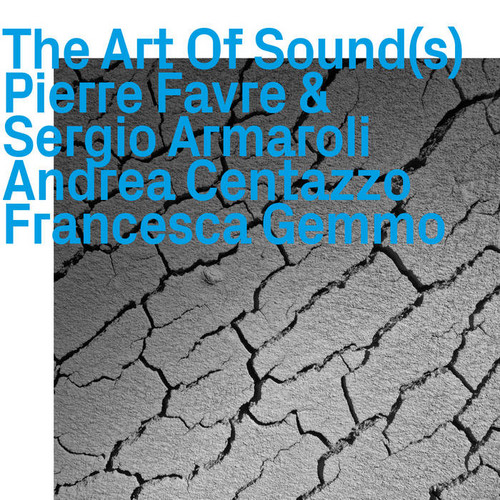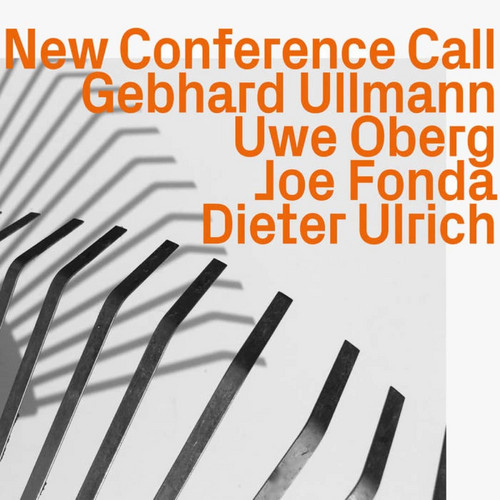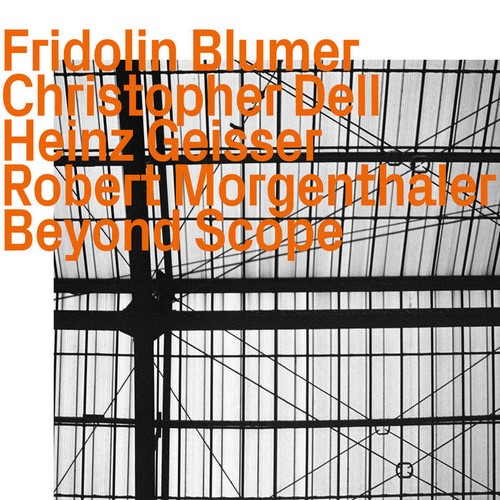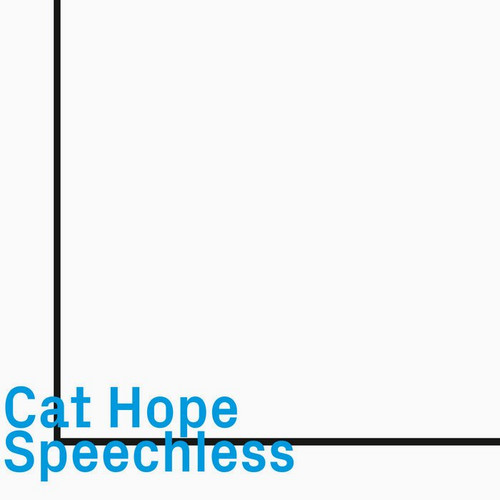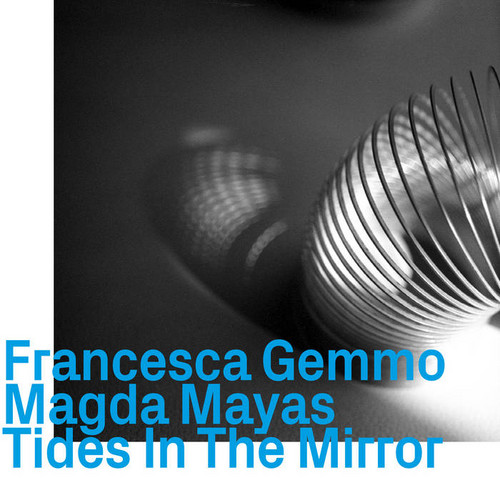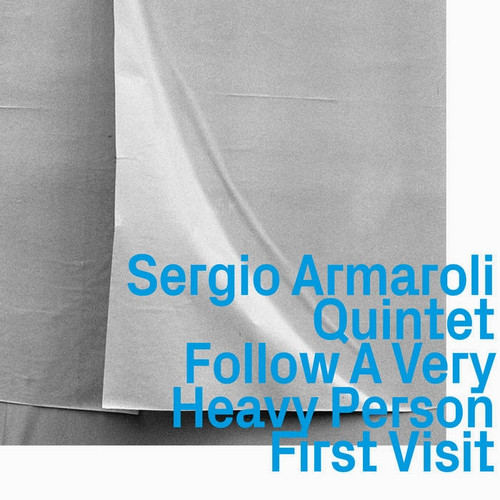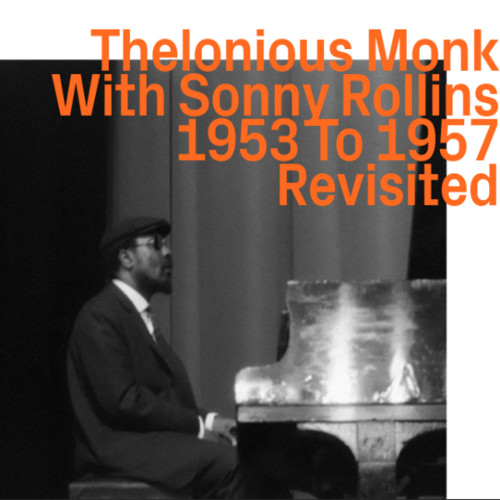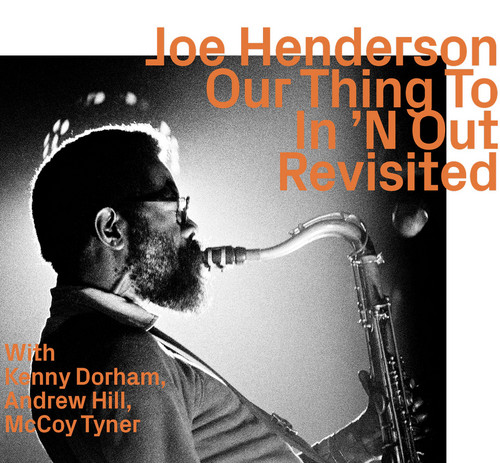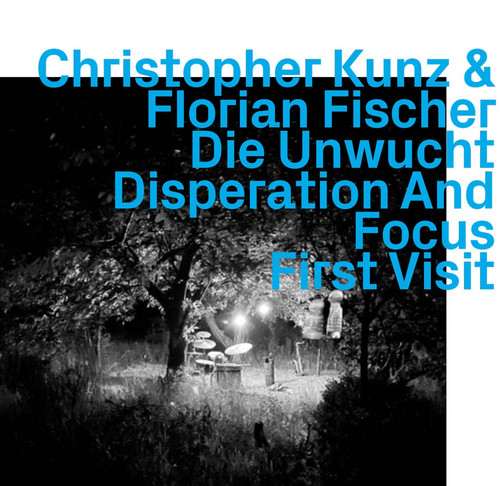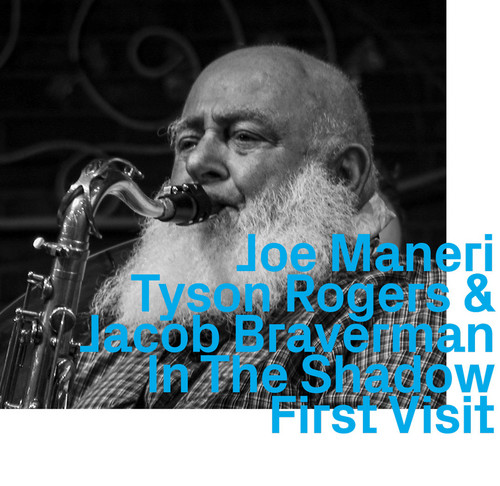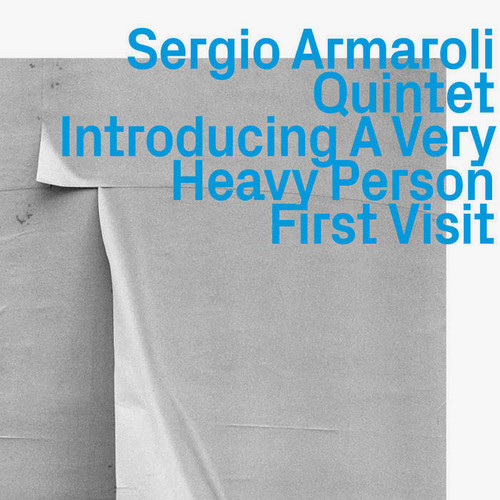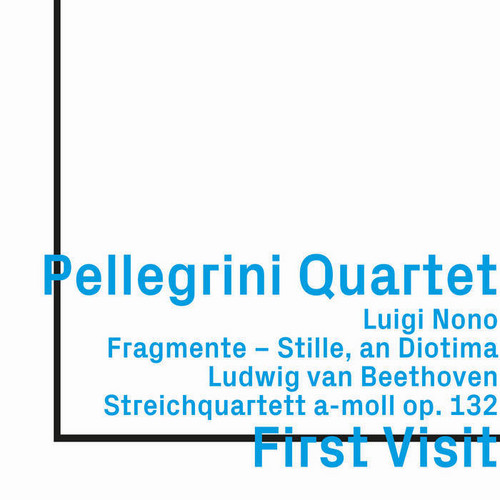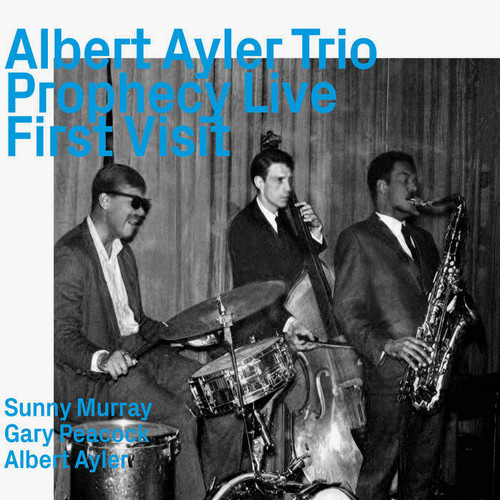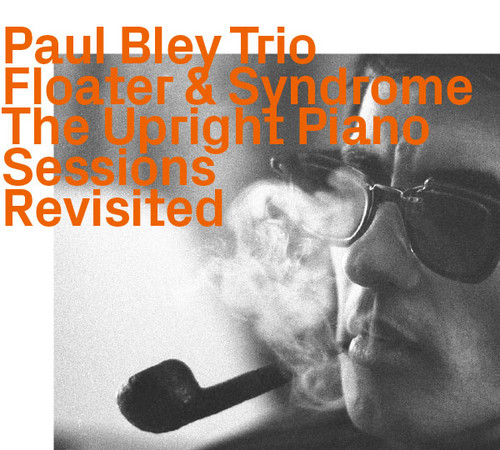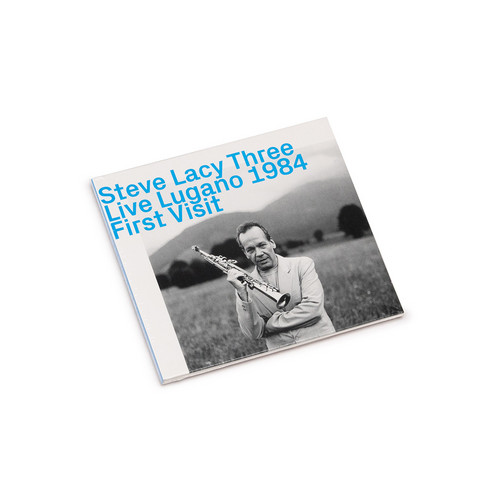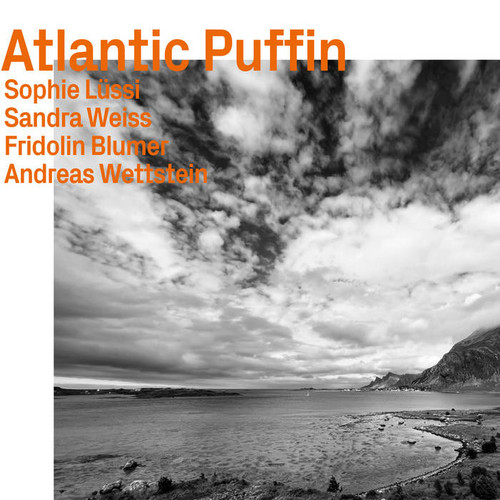★ezz-thetics
Yet Dish
Christoph Gallio unveils his latest album, Yet Dish, a compelling journey through sonic textures and emotional landscapes. This record showcases Gallio’s ability to fuse experimental soundscapes with intricate rhythms, crafting an immersive listening experience that defies genre boundaries.
The album beautifully balances elemental rawness with refined compositions, inviting listeners to explore themes of transformation, fragility, and resilience. Each track offers a distinct narrative, woven tog…
The Art Of Sound(s)
"In times like ours, such an absence of the ordinary, of the real, may not exactly be a political statement. But as a social concept, this kind of music might be a beginning—a step toward a different, perhaps better, perception of the world around us. And that’s precisely what “The Art of Sound(s)“ is: Because as soon as the molecules start dancing in this chamber of reflections, art is becoming a true and selfless act of existentialism." - Rudolf Amstutz
New Conference Call
New Conference Call brings together Gebhard Ullmann, Uwe Oberg, Joe Fonda and Dieter Ulrich for an engaging session rooted in deep listening, spirited interplay and exploratory textures. Their varied compositional voices and dynamic rapport yield music that stretches from reflective lyricism to intricate rhythmic conversations, underscoring their ability to blend innovation with ensemble empathy.
Beyond Scope
"Ultimately, the best free improvisation performances—and the best films—are those that refuse to be bound by rigid formulas yet still adhere to a fundamental sense of logic and cohesion. They remind us that while structure is important, the real magic happens in the space between the rules." - Mark Corroto
Speechless
"Speechless (2019) is an opera for 4 vocal soloists, bass orchestra and community choir, and is intended as a personal response to the plight of refugees worldwide. It inspired by the Australian Human Rights Commission report, ‘The Forgotten Children: National Inquiry into Children in Immigration Detention,’ overseen by Gillian Triggs. When this report was tabled in the Australian Parliament in 2014, I was overcome with the cruelty of the debate around the future of detained asylum seekers. Spee…
Tides In The Mirror
"Their differences intensify the soundscape. Francesca Gemmo provides a sensitive, contemplative, but deceptive lyricism, with memories of the wistful antique modes of Satie or Debussy’s impressionist palette twisted into shadowy subterranean echoes and knotted note clusters. Magda Mayas imaginatively extends Henry Cowell’s innovations of touch and timbre, alternately coaxing and attacking, releasing previously concealed phantom textures, percussive episodes, near-electronic hues, and micro-alte…
Follow A Very Heavy Person, First Visit
"First visit to the audio equivalent of a graphic novel. Follow A Very Heavy Person is more than an album—it is an experience, an inquiry, an adventure into the unknown, defying easy categorization and existing in the liminal space between music, poetry, and philosophy. Armaroli and his quintet have crafted something truly singular—a journey through sound that is both timeless and profoundly rooted in the ephemeral beauty of the present moment." - Mark Corroto
Dissenting Voices with Elisabeth Flunger, Dominic Lash, Kathryn Williams
Elisabeth Flunger - bass drum Dominic Lash - double bass Kathryn Williams - bass flute "Recording the Dissenting Voices confirmed the extent of their divergence from The Future That Never Was. Music always has something to do with the sonic architecture of instruments, but it is also about the fantasy with which musicians like Dominic, Elisabeth and Kathryn choose to play." - Christopher Fox
Thelonious Monk With Sonny Rollins 1953 To 1957 (Revisited)
Though they may not have recorded together until 1953, when Rollins was 23 years old, Sonny was introduced to Monk while a senior in high school, already part of a cadre of young neighborhood jazz neophytes. Monk became a mentor to them, offering home-based instruction on the new possibilities restructuring bop harmonies and rhythms, or as Rollins later put it, “the geometry of musical time and space.” - Art Lange
To Walk On Eggshells
"Christian Weber said in an interview for “Jazz’N’More": No matter how I move along the timeline, my attention is focused on what is to come. At the same time, I always keep in mind what happened before, without analyzing. This way, I avoid the improvisation becoming arbitrary. Both arbitrary openness and narrow restriction, neither suits me." And therein lies the whole secret of this record and ultimately the definition of great art: it is the ability of a musician to have control over space an…
About (or On), First Visit
"A standard takes on a new shape when it is realized through Trio New York’s methods. Their improvised preludes promote refreshed readings studded with bright accents and pungent embellishments, reinforcing the qualities that have enabled these tunes to endure, be it the sweet sentimentality of “Memories of You” or the devil-may-care of “Just One of Those Things.” By embracing the tenets of free improvisation – experimentation, discovery, and, on a good night, elucidation – Trio New York has tra…
Our Thing To In ’N Out
Joe Henderson Our Thing To In ’N Out Revisited notes: The Blue Note label in the early and mid 1960s was a haven for musicians engaged in the process of expanding the jazz vocabulary with unconventional harmonic strategies and new compositional infrastructures that elicited equally exploratory improvisational responses. And it was an ongoing process, benefiting from the sporadic, albeit calculated, interaction of different perspectives and methods of creative inspiration. Established or working g…
Die Unwucht
Big Tip! As poets from Shakespeare to Heine have recognised, “the forest” is not just about grandeur and most expansive of gestures; it is also about intimacy and there is a remarkable intimacy to Christopher Kunz’s and Florian Fischer’s music. The forest is both inhuman, wild, and, because it houses us and to a degree depends on us, profoundly humane. You’ll find these qualities here as well. Focus, breathe and listen. (Brian Morton)
In The Shadow
Joe Maneri’s last Microtonal recordings from the year 2002. These are not typically arranged songs, but asymmetrical, asynchronous constructs that develop from simultaneous, complimentary but peripheral gestures of the mind and heart. The harmonic contrasts that result from Joe Maneri’s breathy microtones; the fixed pitches, inclining towards atonality, of Tyson Rogers’ piano; and Jacob Braverman’s ambiguously scored percussion color their contrapuntal angles and parallel lines. Layers of energy…
Introducing A Very Heavy Person, First Visit
First visit to the audio equivalent of a graphic novel.
Luigi Nono w/ Ludwig van Beethoven, First Visit
The relationship between Ludwig van Beethoven’s "op. 132 string quartet" and Luigi Nono’s "Fragmente – Stille, an Diotima" spans 155 years while sharing several conceptual dimensions – among them, their respective composers’ intense idealism in the pursuit of art as a transformational, unifying experience; their utopian visions of political and social justice; and the struggle to translate a profound personal expression into a consequential public reality. - Art Lange
Prophecy Live, First visit
First visit live offers new mastering of the trio’s first performance at the cellar cafe, New York City 1964.
Floater & Syndrome - The Upright Piano Sessions, Revisited
"It was once said of Paul Bley that he was the only pianist who could make a concert grand sound like an
upright. While that is not literally true, or only partly so, it makes a point that strikes home on these often
strange, offbeat, otherworldly tracks. It is a quality preserved by Michael Brändli’s typically sensitive sonic
Paul Bley-upright piano
Steve Swallow-double bass
Pete LaRoca-drums
restoration, which increases the probability of rapture. Enjoy." – Chris May
Live Lugano 1984, First Visit
"The special qualities of this music emerge from the focus on Lacy’s soprano saxophone in this unique instrumentation; the transparency and intimacy of the bass and guitar create a nuanced background set against the variety of improvisational strategies." - Art Lange"The removal of two recorded compositions and the editing here is based on notes originally written by Steve Lacy on the cassette he sent me to listen to and evaluate the music for release. I acquired the original recording in 1985 f…
Atlantic Puffin
"This, it seems to me, is the great strength of Sophie Lüssi’s music here on Atlantic Puffin. It is clearly skilled and doesn't deal in casual approximations. It is built on solid technique, a brilliant appropriation of classical violin methods in the interests of improvisation. But her music, which draws on folk as well as canonical forms, is one that emanates from and addresses the whole person. It's generous music, kindly and open, and in its gentle humour it engages a part of the spirit that…

